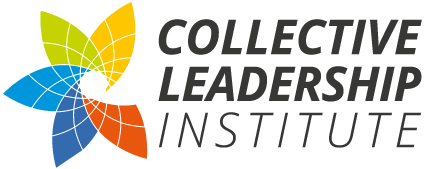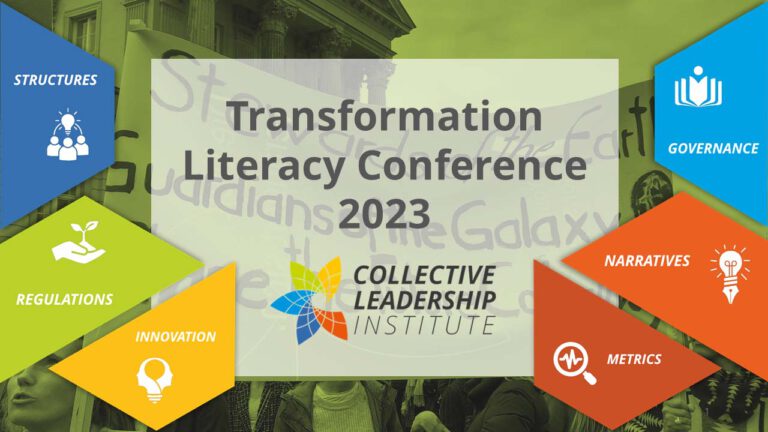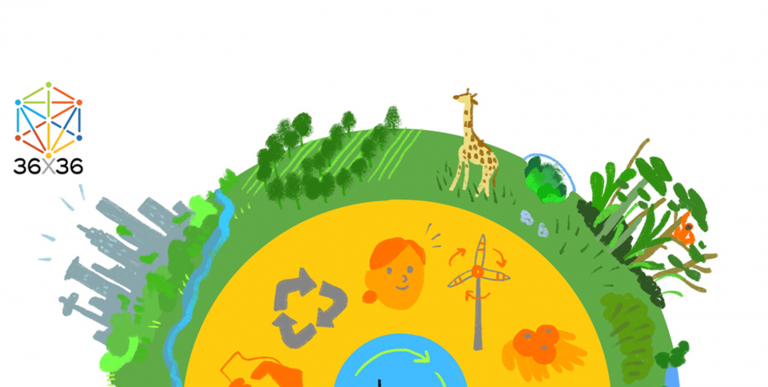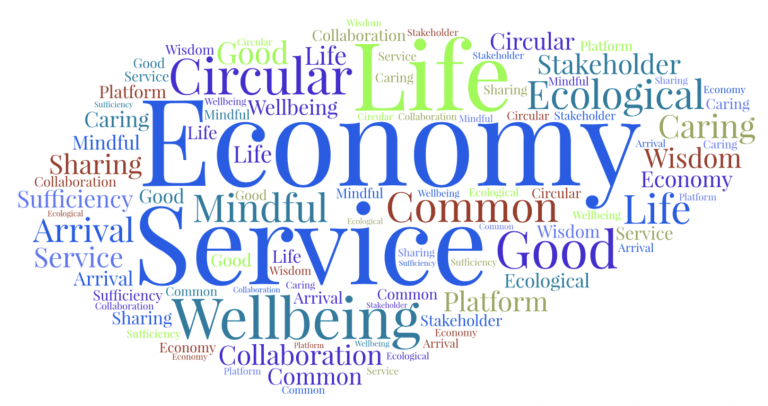CLI launched the Young Peacebuilders Program, bringing together 10 amazing change agents from around the World in its first 2024 group.
Social conflict and war – and the collective trauma they leave in their wake – are a daily reality for too many people around the world. Young peacebuilders living in such settings often lack support, both in terms of looking inward to address their own challenges and looking outward to collectively lead peacebuilding dialogues, initiatives, and networks. This program seeks to make a meaningful contribution to supporting our diverse, young champions for peace. It seeks to help participants identify pathways for working toward greater peace in themselves, while enhancing their work for peace in their communities.










